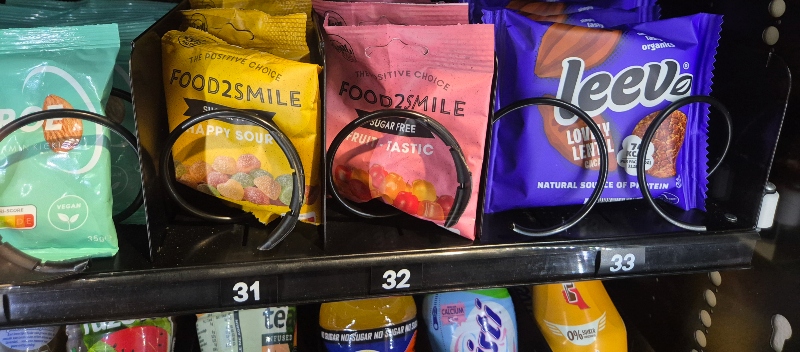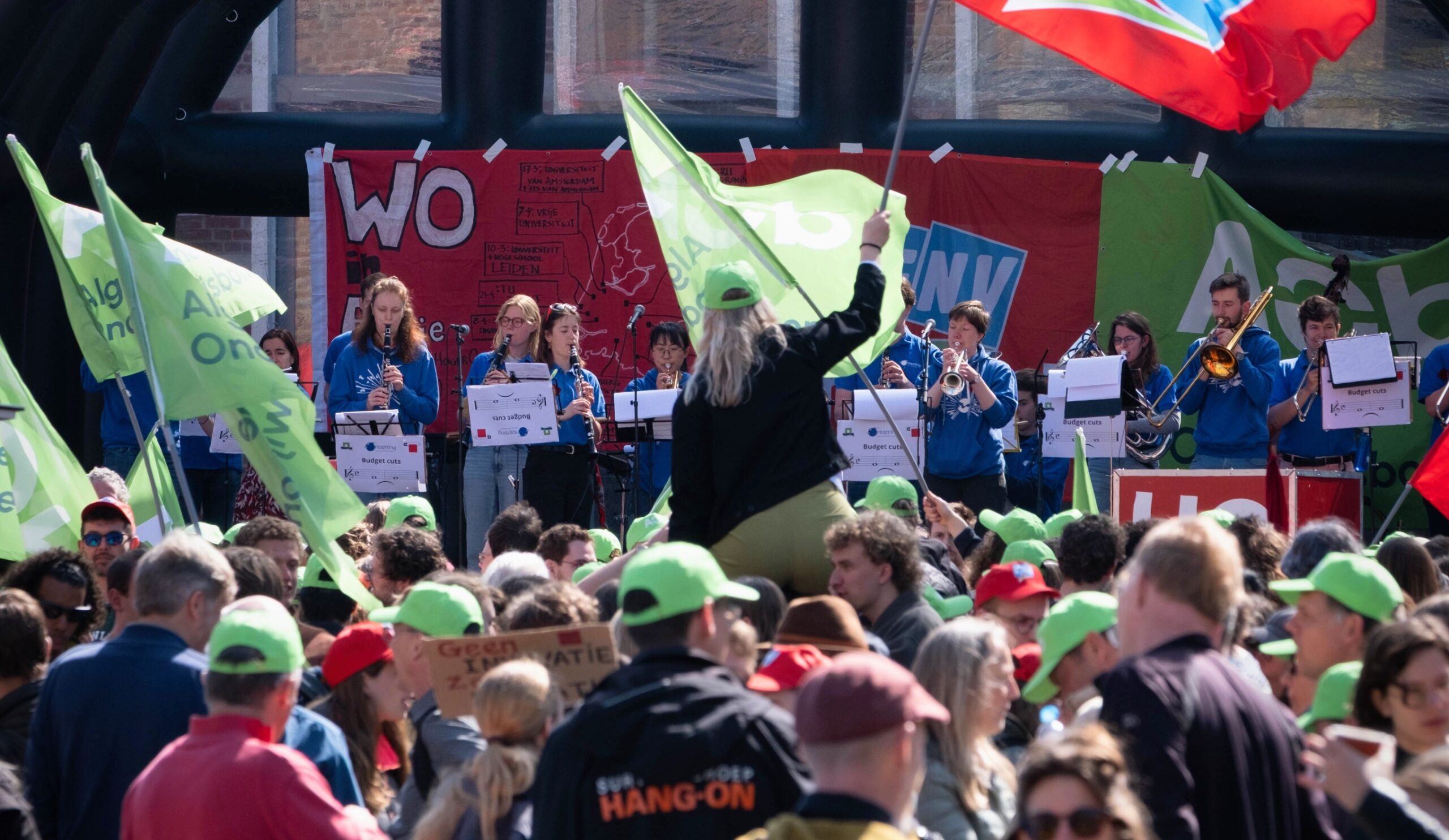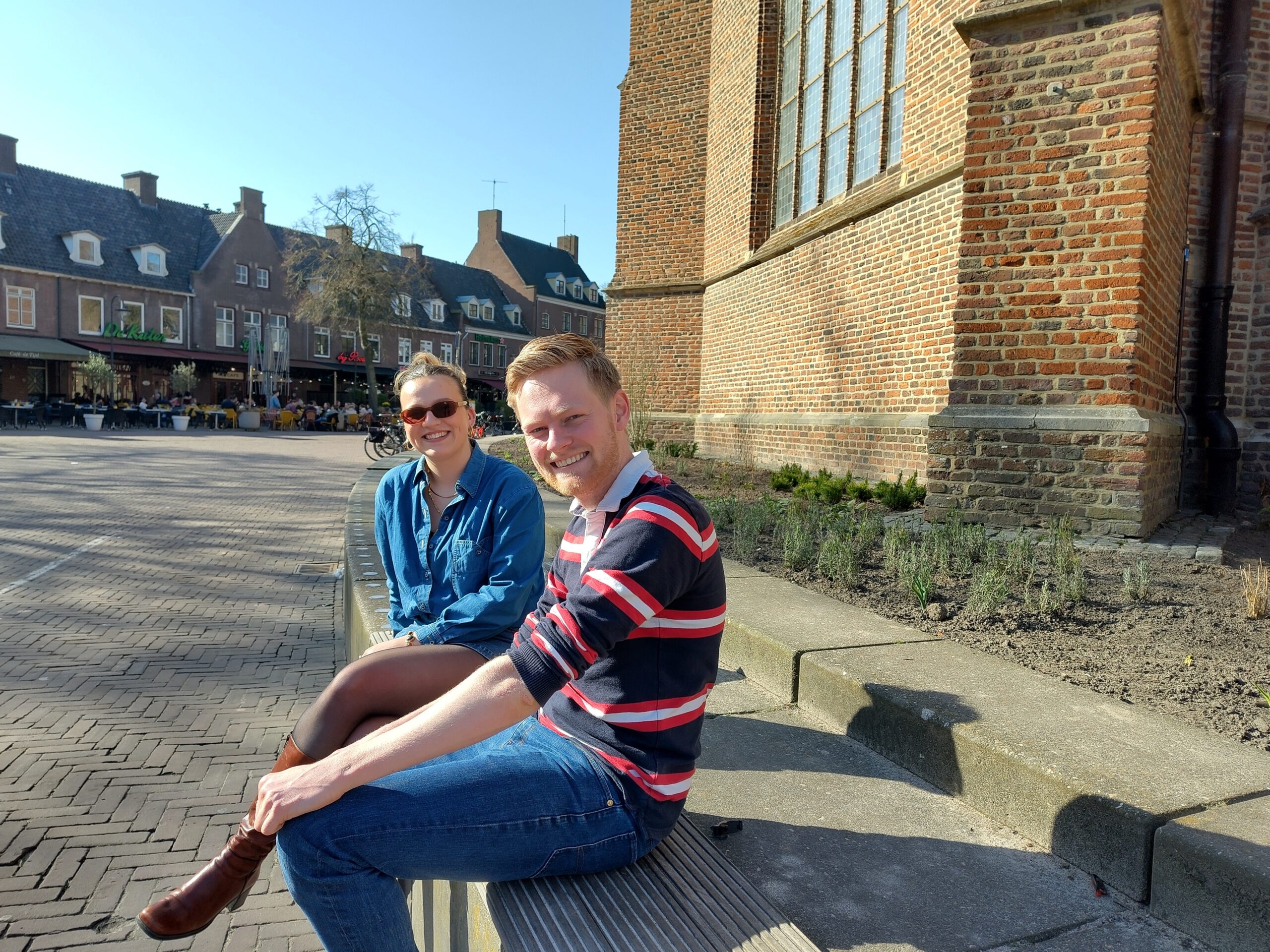It was announced last week that the municipality of Amsterdam wants to limit the number of beehives, and is even considering a ban in some parts of the city. The reason? More and more people are taking up beekeeping as a hobby and their honey bees could pose a threat to other bee species because they compete with them for the same food.
The media fell upon the news eagerly. A typical example was a report on the NOS news, where the scientific director of Naturalis natural history museum spoke about the issue. He called honey bees ‘McDonald’s bees’, because of their generalist feeding habits. Other bee species were ‘wild bees’. He also suggested that honey bees had nothing to do with biodiversity, as they were ‘just agricultural animals.’
Is all this likely to help nature? Is it effective to always see human activities only as a threat, as something to be kept out of nature, urban or rural? Does this artificial distinction between culture and nature, wild and tame, help us? Do we benefit from experts who tell the public what they can and cannot understand by biodiversity?
It is a good thing that attention is being paid to the impact of honey bees on other bee species. But let us not lose sight of the positive aspects of beekeeping. Beekeeping enables people to be involved in nature, just as an activity like picking wild plants does. It helps people feel a connection with their environment and the seasons. All these things contribute positively to a sense of responsibility for looking after nature.
Beekeeping helps people feel connected to their environment and the seasons
It is right that experts are given a platform to tell the public about non-honeybees and the threats they face. But at the same time, let us not forget the shared history of humans and honeybees. Let people marvel at honey gatherers who became beekeepers, at wild honey bees that still live in hollow trees in the forest today, and at beekeepers who keep all sorts of different working methods alive.
I hope they will find a solution in Amsterdam. Together with the new beekeepers and without creating counterproductive divisions between humans and nature.
Vincent Oostvogels (26) is in the second year of his PhD research on biodiversity restoration in dairy farming. He dreams of keeping a few cows himself one day.

 Text: Vincent Oostvogels
Text: Vincent Oostvogels 

